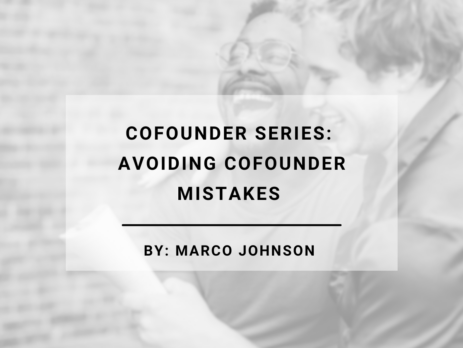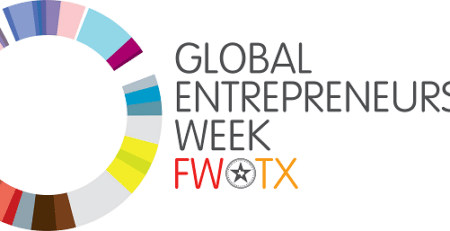It makes sense to have a partner (or a team) to undergo the many trials and tribulations associated with launching and growing a company. However, finding the right match can be a challenge.
This third installment of Sparkyard’s series on cofounders (see our other blogs 5 Things You Should Look for in a Cofounder and Beyond Founder’s Agreements: The Cofounder “Prenup”) covers tips and advice from entrepreneurs who have been there, done that.
“You definitely want a cofounder” are the first words spoken by Dalton Caldwell in a video produced by Y Combinator on avoiding rookie mistakes. If you’re not familiar with Y Combinator (YC), it is a world-renowned American technology startup accelerator that has helped launch more than 3,000 companies, including Airbnb, DoorDash, Dropbox, Instacart, and Reddit, to name a few. Michael Seibel, the cohost, and Caldwell crowdsourced responses from YC alumni for advice on avoiding mistakes and general tips for setting up a founding team that will go the distance.
Pro Tips
Here are some best practices that came up numerous times from respondents of the YC survey. Most of the content in the video addressed cofounder teams comprised of two people, but these guidelines also apply to cofounder teams of three or more.
Write down your agreements. It is natural that conversations between potential cofounders would happen informally at first. The important thing is to write these points down in a Founders’ Agreement document that includes the rights, responsibilities, obligations and liabilities of each founder. The University of Pennsylvania’s School of Law has a free online tool that includes a template Founders’ Agreement plus a conversation guide that will help cofounders avoid personal conflicts.
Prioritize soft skills over hard skills. The most important aspect of choosing a cofounder is determining how you work together and not how well you complement each other’s skill sets. If it turns out that your working styles, stress management regimes, and methods of conflict resolution are diametrically opposed, then complementing each other’s professional skills is secondary. Keep in mind that cofounders don’t have to share the exact same outlook, but their styles must complement each other.
Take disputes seriously. Disagreements between motivated and creative people are common and are not at their core negative; in fact, the concept of productive conflict is healthy and can lead to positive outcomes when it leads to a solution that everyone can commit to. When (not if) a disagreement arises, take the time to address it and resolve it immediately before it turns into something bigger. Ignoring conflict is likely to lead to larger issues down the road, including possible litigation, the dissolution of the partnership, and the closing of the company.
Parity is important. When it comes to ownership (equity stakes in the company), it’s best that the founders have as close to equal shares as possible. A significant difference in the equity split can lead to conflict and one person feeling like it’s their company or, conversely, like they don’t have a say. A crucial caveat is that a straight 50/50 split can also cause problems and according to YC can cause companies to implode. A simple and effective solution is to give the CEO one additional ownership share – essentially a tie breaking vote on major company decisions.
Cofounder team before idea. The ideal way to build a solid founding team is to build the cofounding team first and then come up with the idea together. This may seem counterintuitive since typically founders have an idea and then build a team. Building out the idea in tandem, undergoing the initial growing pains, and fundraising together creates a sense of camaraderie (if the other tips in this post are followed) and makes it more likely that both cofounders will step up in difficult times.
Get Help
Finding a great cofounder fit is a superpower for any company. Avoiding the common pitfalls listed above will help ensure your company will thrive in good times or bad. If you have questions about how or where to find a cofounder, reach out to Sparkyard and request a Spark Plan. Below are additional tools and articles available online.
- Y Combinator’s Online Cofounder Matching Platform (free online tool)
- Y Combinator video: How to Find the Right Cofounder by Harj Tagger
- The University of Pennsylvania’s School of Law Founders’ Agreement & Conversation Guide
- How to Pick a Cofounder from the Harvard Business Review
- LinkedIn hosts a number of groups dedicated to cofounder pairing, including CoFounders Lab, Founder2be and FounderDating



